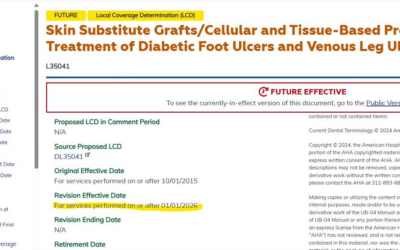A recent blog by Knicole Emanuel discussed the issue of templated notes and Medicare audits. Several doctors have told me that Medicare auditors questioned the veracity of their documentation because treatment notes were too similar. The reason of course is that the POINT of a template is to ensure that a specific set of information is included in a note. CMS can’t have it both ways. CMS can’t tell us to use EHRs and then allow auditors to question the documentation created by templates inside them.
Nevertheless, one of the top reasons for denial of charges by the various Medicare auditors is “service not individualized (cut and paste)”. Ms. Emanuel references the American Medical Association (AMA) website entitled, “The CMS Electronic Medical Records Initiative Should Not Be Used To Detect Alleged Fraud by Physicians D-175.985,” which states:
“1. Our American Medical Association believes that the use of time-saving features, such as cloning, templates, macros, “pull forward technology”, auto-population and identical language in EMRs, by itself is not an indication of inaccurate documentation or incorrect coding. 2. Our AMA believes that audit results that imply incorrect coding must specifically indicate which portion of the chart language either does not accurately reflect the office visit or reflects unnecessary care. 3. Our AMA will study the impact of EHR clinical documentation tools and shortcuts on patient safety, quality of care and safe harbor laws.”
CMS does not prohibit the use of templates inside EHRs. If practitioners encounter denials by auditors based on the use of note templates, they should probably seek legal counsel.
Caroline





